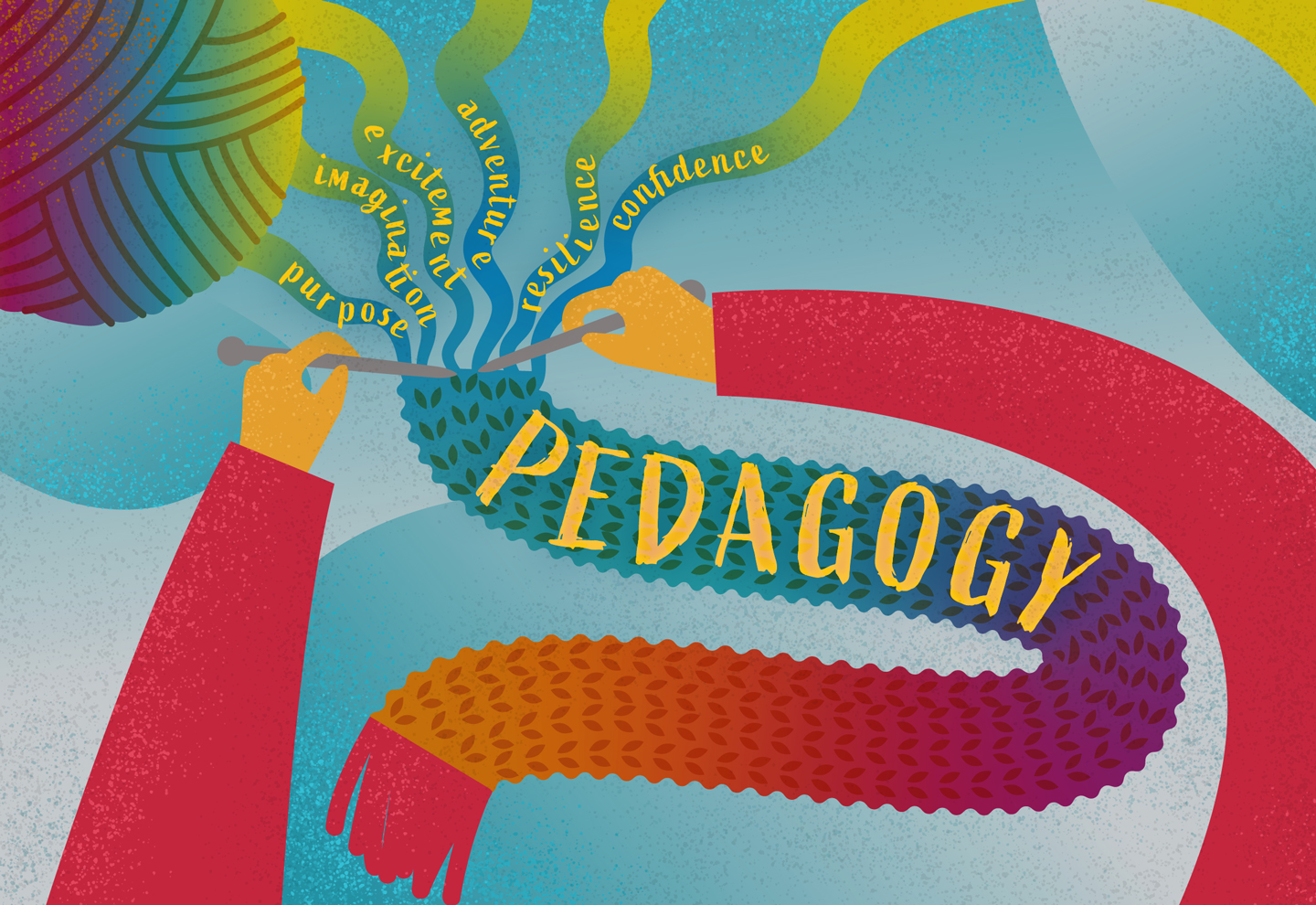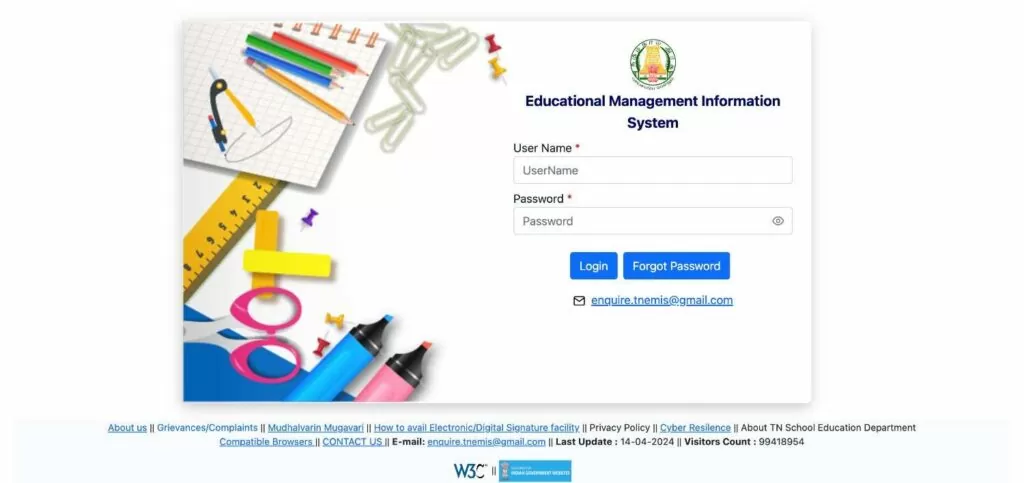Introduction to Pedagogy
Pedagogy is the art and science of teaching, encompassing the theories, methods, and practices used to facilitate learning and development in individuals of all ages. Rooted in educational psychology, philosophy, and sociology, pedagogy examines how learners acquire knowledge, skills, and values and how educators can create optimal learning environments to support their growth and achievement. From early childhood education to higher education and lifelong learning, pedagogy plays a central role in shaping educational experiences and outcomes for learners around the world.
Understanding the Principles of Pedagogy
Learner-Centered Approach
Pedagogy emphasizes a learner-centered approach that places the learner at the center of the educational process. This involves recognizing learners’ diverse backgrounds, interests, and learning styles, and tailoring instruction to meet their individual needs and preferences. By fostering active engagement, autonomy, and ownership of learning, educators can empower learners to take responsibility for their learning and achieve meaningful outcomes.
Constructivist Learning Theory
Constructivist learning theory is a key principle of pedagogy that posits learners actively construct knowledge and meaning through experiences, interactions, and reflection. Educators facilitate learning by providing opportunities for exploration, discovery, and inquiry, encouraging learners to construct their understanding through hands-on activities, problem-solving, and collaborative learning experiences. By scaffolding learning experiences and providing feedback, educators support learners in constructing meaning and connecting new knowledge with prior understanding.
Social and Collaborative Learning
Pedagogy emphasizes the importance of social and collaborative learning experiences that foster interaction, communication, and cooperation among learners. By creating opportunities for peer collaboration, discussion, and teamwork, educators promote the exchange of ideas, perspectives, and knowledge, enriching learning experiences and enhancing social skills, critical thinking, and communication skills.
Key Strategies for Effective Pedagogy
Differentiated Instruction
Differentiated instruction involves tailoring instruction to meet the diverse needs, interests, and abilities of learners. Educators use a variety of instructional strategies, materials, and assessments to accommodate different learning styles, preferences, and readiness levels, ensuring that all learners have opportunities to succeed and reach their full potential.
Active Learning Techniques
Active learning techniques engage learners in hands-on, experiential activities that promote critical thinking, problem-solving, and deep understanding. Examples include group discussions, case studies, role-playing, simulations, experiments, and project-based learning. By actively engaging learners in the learning process, educators stimulate curiosity, creativity, and motivation, leading to enhanced learning outcomes and retention.
Formative Assessment
Formative assessment involves ongoing, informal assessments used to monitor learners’ progress, identify misconceptions, and provide feedback for improvement. Educators use a variety of formative assessment techniques, such as quizzes, exit tickets, concept maps, and peer reviews, to gauge learners’ understanding and adjust instruction accordingly, promoting continuous improvement and mastery learning.
Technology Integration
Technology integration involves leveraging digital tools and resources to enhance teaching and learning experiences. Educators use educational technology such as interactive whiteboards, multimedia presentations, educational software, and online learning platforms to engage learners, facilitate collaboration, and personalize instruction. By integrating technology effectively, educators can expand access to learning resources, accommodate diverse learning needs, and foster digital literacy and 21st-century skills.
Conclusion
In conclusion, pedagogy is a dynamic and multifaceted field that encompasses the principles, theories, and strategies used to facilitate learning and development in individuals of all ages. By embracing learner-centered approaches, constructivist learning theory, and key pedagogical strategies such as differentiated instruction, active learning, formative assessment, and technology integration, educators can create enriching and transformative learning experiences that empower learners to thrive in an ever-changing world.





